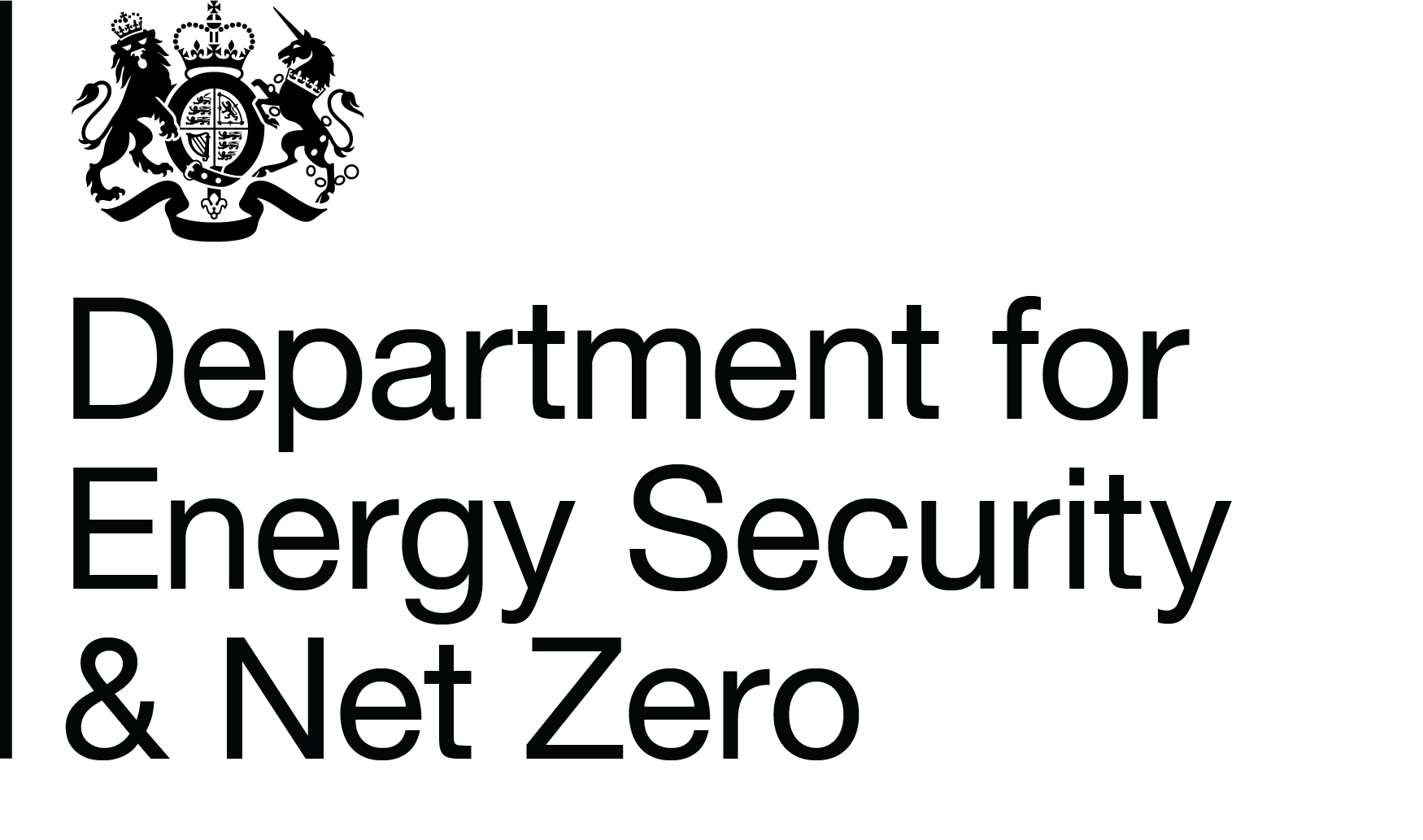Increasing the Scope and Powers of the Small Business Commissioner
Overview
This consultation seeks views on the merits of strengthening the Small Business Commissioner’s ("the Commissioner") ability to assist small businesses by providing them with effective mechanisms for redress, in respect of late payments. The Commissioner would potentially gain powers to activate enforcement mechanisms against:
- Businesses who do not comply with information requests. We are seeking views as to whether the Commissioner should have the power to enforce non-compliance with their information requests, such as through court orders and / or financial penalties;
- Businesses who are found to have poor or unfair payment practices towards small businesses. This consultation explores whether sanctions should be imposed by the Commissioner under certain specific circumstances. These sanctions could include undertaking of binding payment plans and financial penalties where payment fails to take place.
We are also seeking views on extending the Commissioner’s scope to allow him or her to consider complaints by small businesses about other small businesses.
In addition, we are asking if the Commissioner should be given the powers below:
- The power to investigate specific instances of suspected poor or unfair payment practices at his or her own initiative or following receipt of a complaint from a third party;
- The power to carry out a review on the effect of relevant legislation, policies and practices on small businesses, following an instruction by the Secretary of State. The review need not be limited to payment matters and may consider other issues which affect small businesses.
Why your views matter
Small businesses are crucial to the UK economy. Chasing late payments remains a significant burden on small businesses and creates real cashflow problems for businesses who are least equipped to manage them.
Late payment remains a significant issue in the UK, with £23.4 billion owed to small and medium-sized businesses (“SMEs”). This Government is determined to see this reduce to ensure that SMEs are given the best chance of succeeding and contributing to the UK economy. This is ever more important now, as the economy continues to recover from the consequences of the Covid-19 pandemic.
To further drive culture change, UK business needs to embed in their DNA that late payment and unfair payment practices are not acceptable.
In June 2019, the Government published its response to the 2018 ‘Creating a Responsible Payment Culture’ Call for Evidence; assessing what further steps and intervention might be needed to improve payment practices. Within that, Government announced that would bringing forward a broad package of measures that would increase Board level responsibility, unlock the benefits of technology for more SMEs, set clear standards of good practice and to consult on the merits of extending the powers of the Commissioner.
We also committed in our 2019 manifesto to clamp down on late payment and strengthen the powers of the Commissioner to support small businesses who are least able to cover financial shortfalls and find temporary finance more difficult and more expensive to obtain.
Since launching in December 2017, the Commissioner has recovered £7.4 million owed to small businesses, as well as naming eight large businesses who had paid their small business suppliers late following the Commissioner’s investigation of a complaint.
Up until now, it has been right to allow the Office of the Small Business Commissioner time to establish itself and exercise the powers afforded under existing Legislation. Both Government and the Commissioner believe the time has come to assess and re-evaluate the Commissioner’s enforcement powers in order to go even further to drive culture change in business-to-business payment practices.
What happens next
This consultation has now closed. A Government response will be published in accordance with Government guidelines and placed on GOV.UK.
Audiences
- Business journalists
- Consumers
- Finance
- Investment
- Legal representative
- Manufacturing
- Property
- Retail
- SMEs (small and medium businesses)
- Technology (R&D)
- Trade bodies
Interests
- Competitiveness
- Economic growth

Share
Share on Twitter Share on Facebook